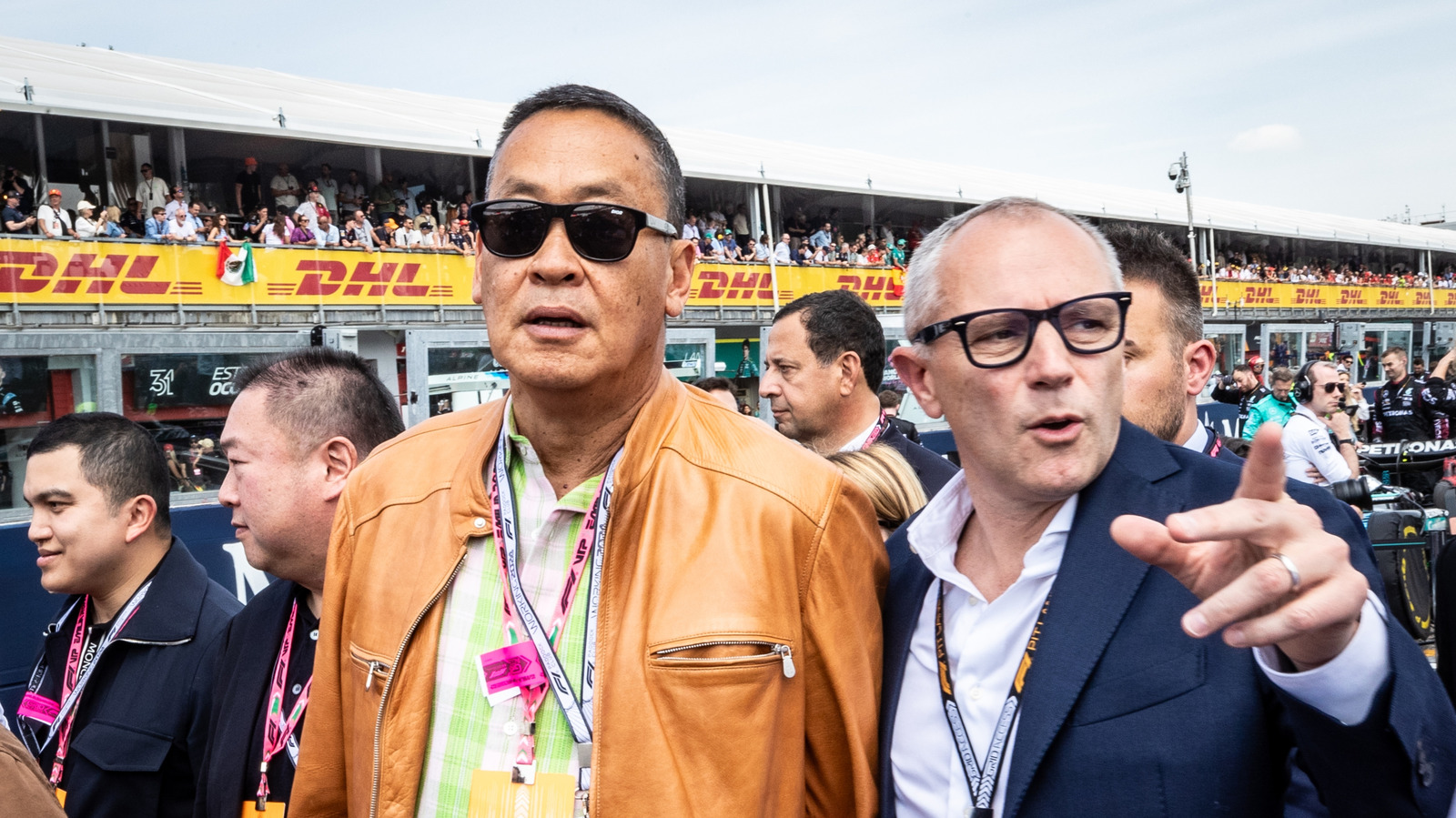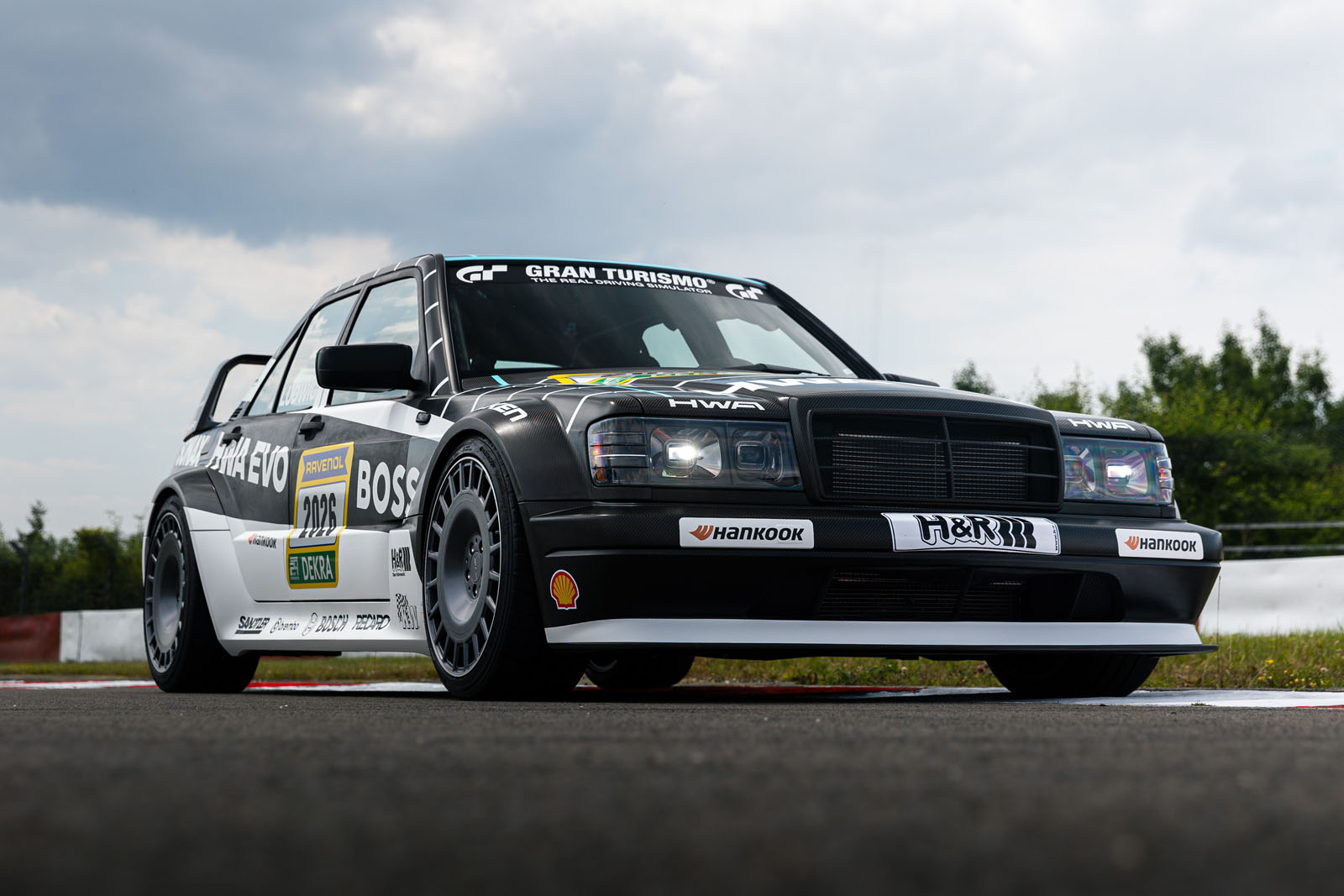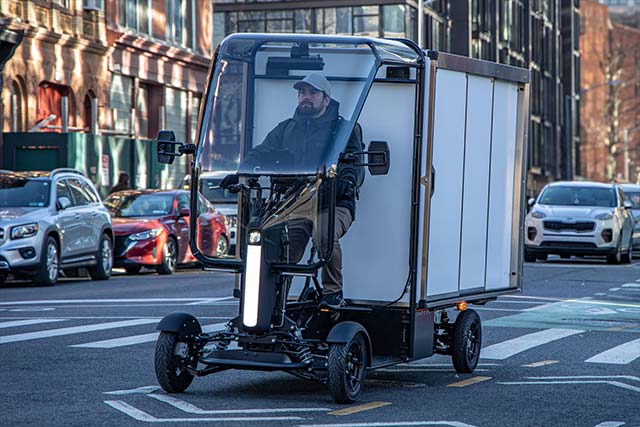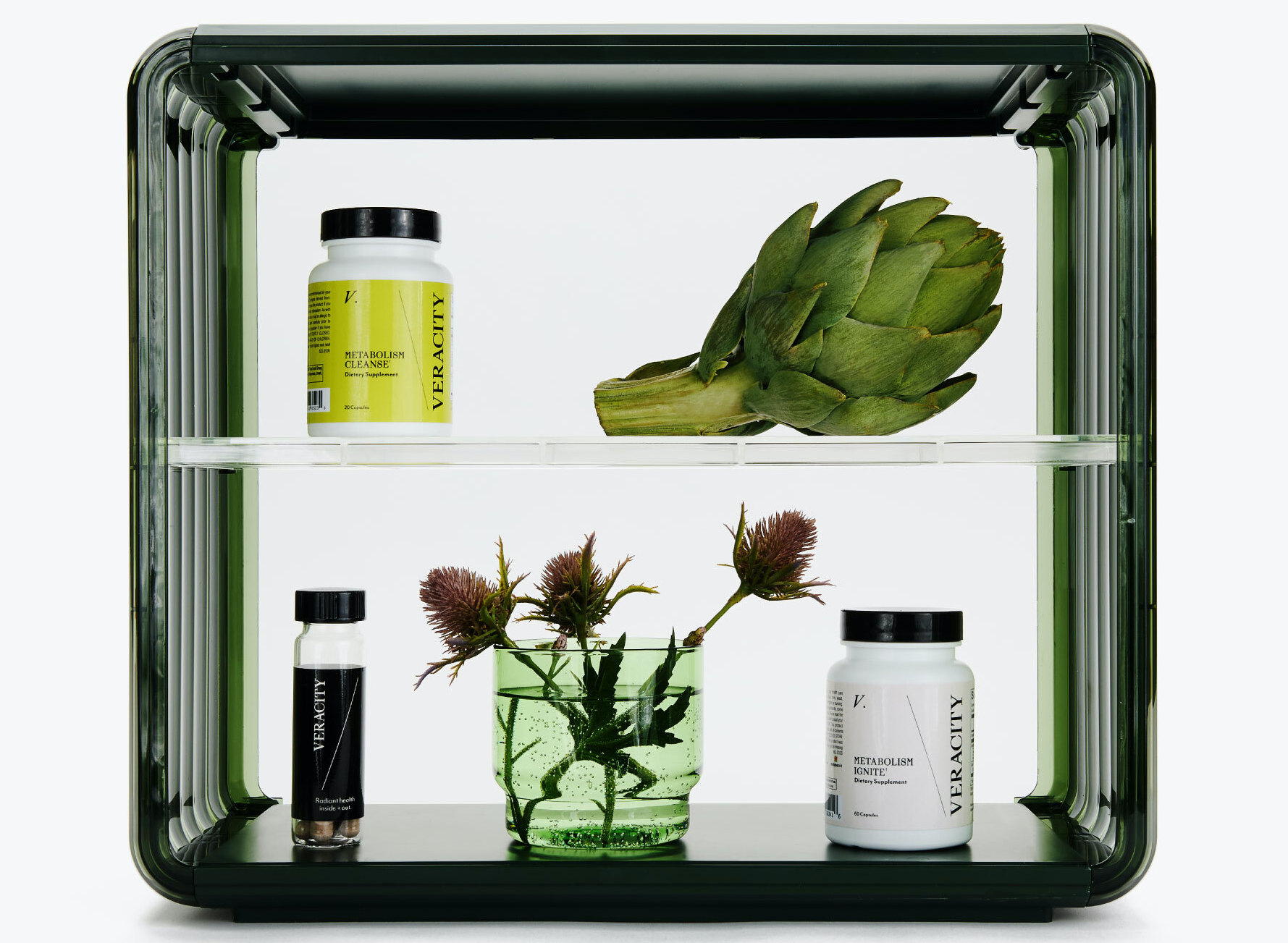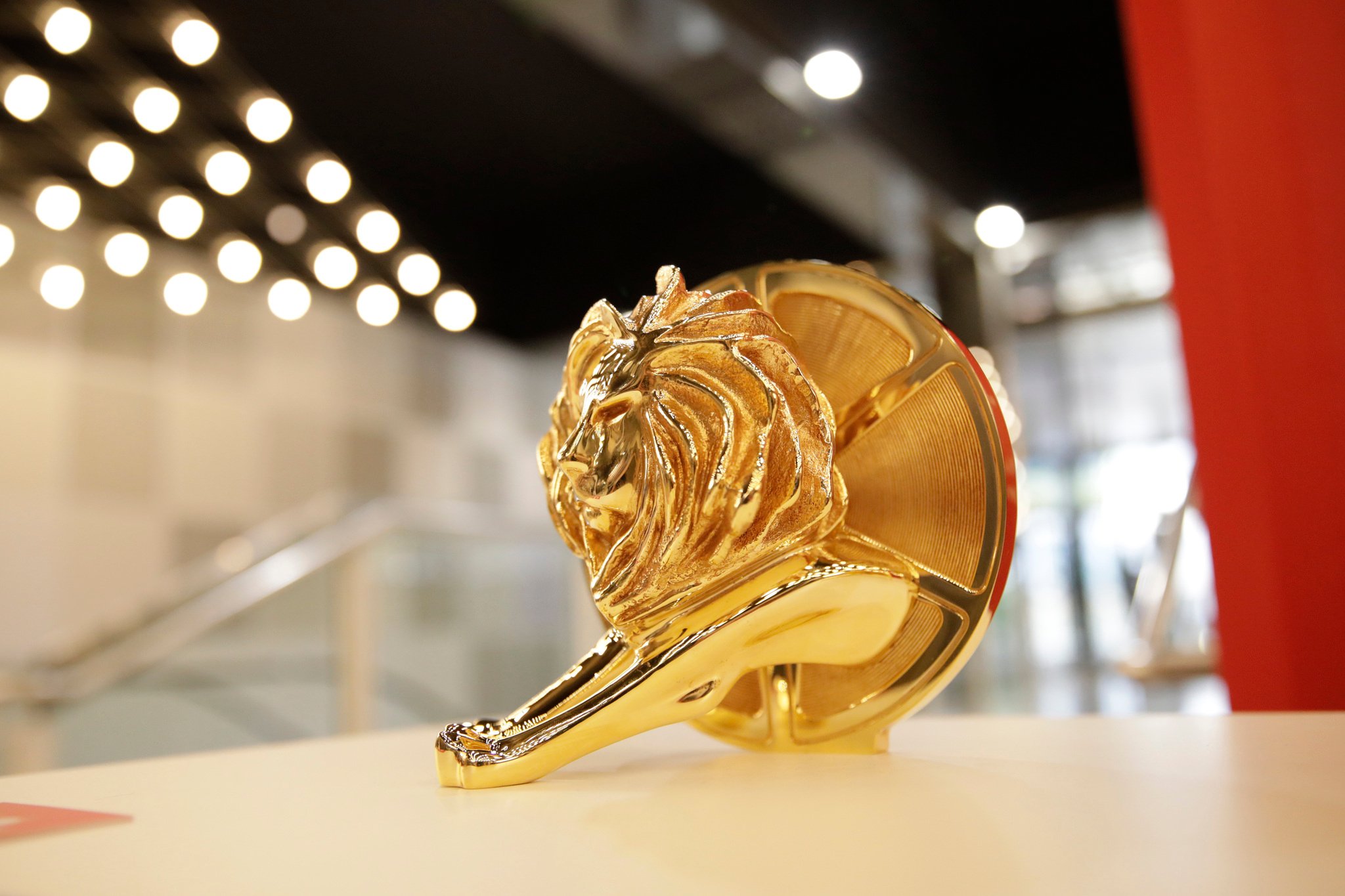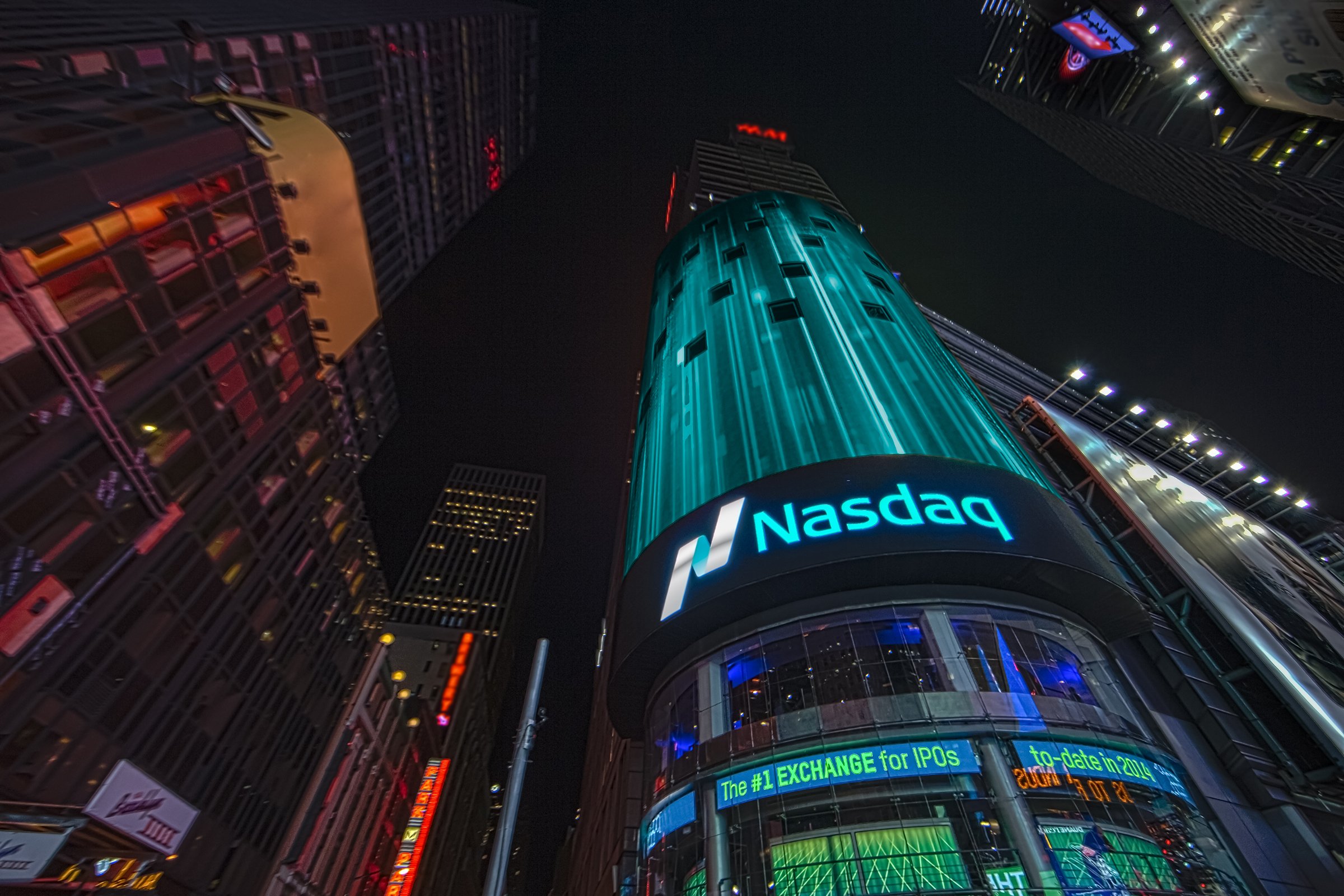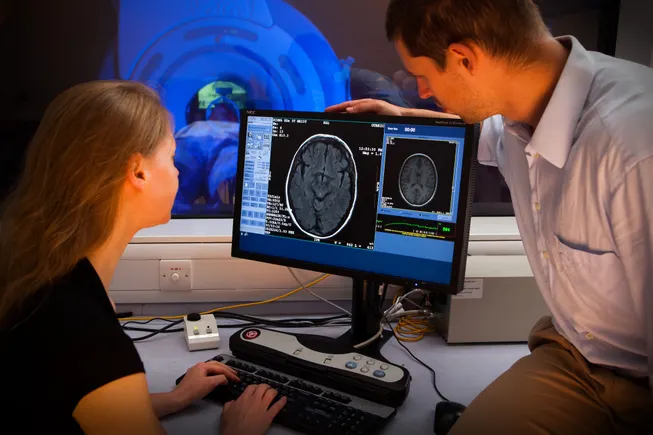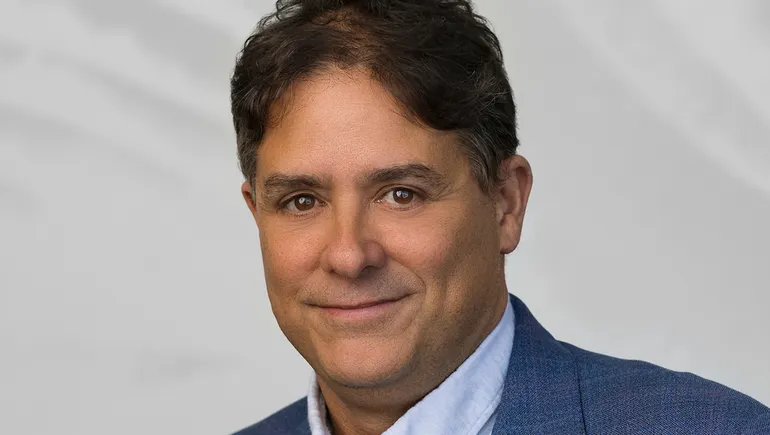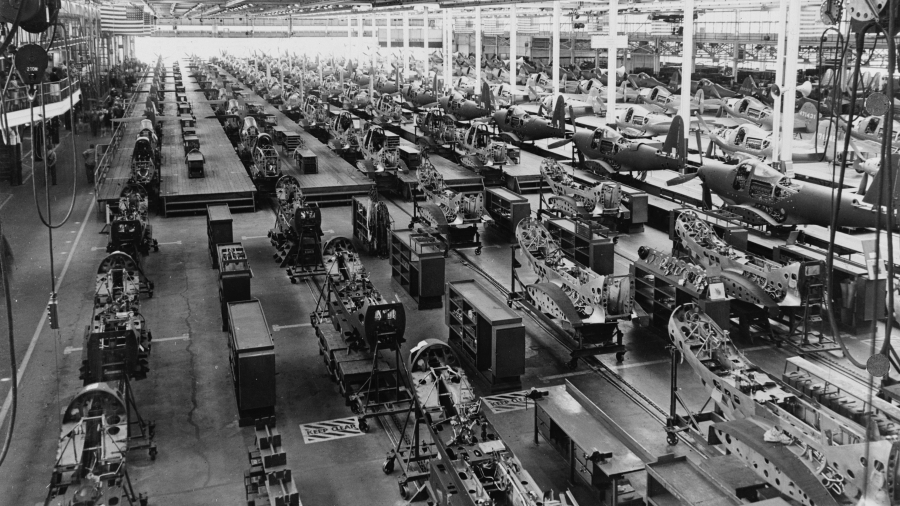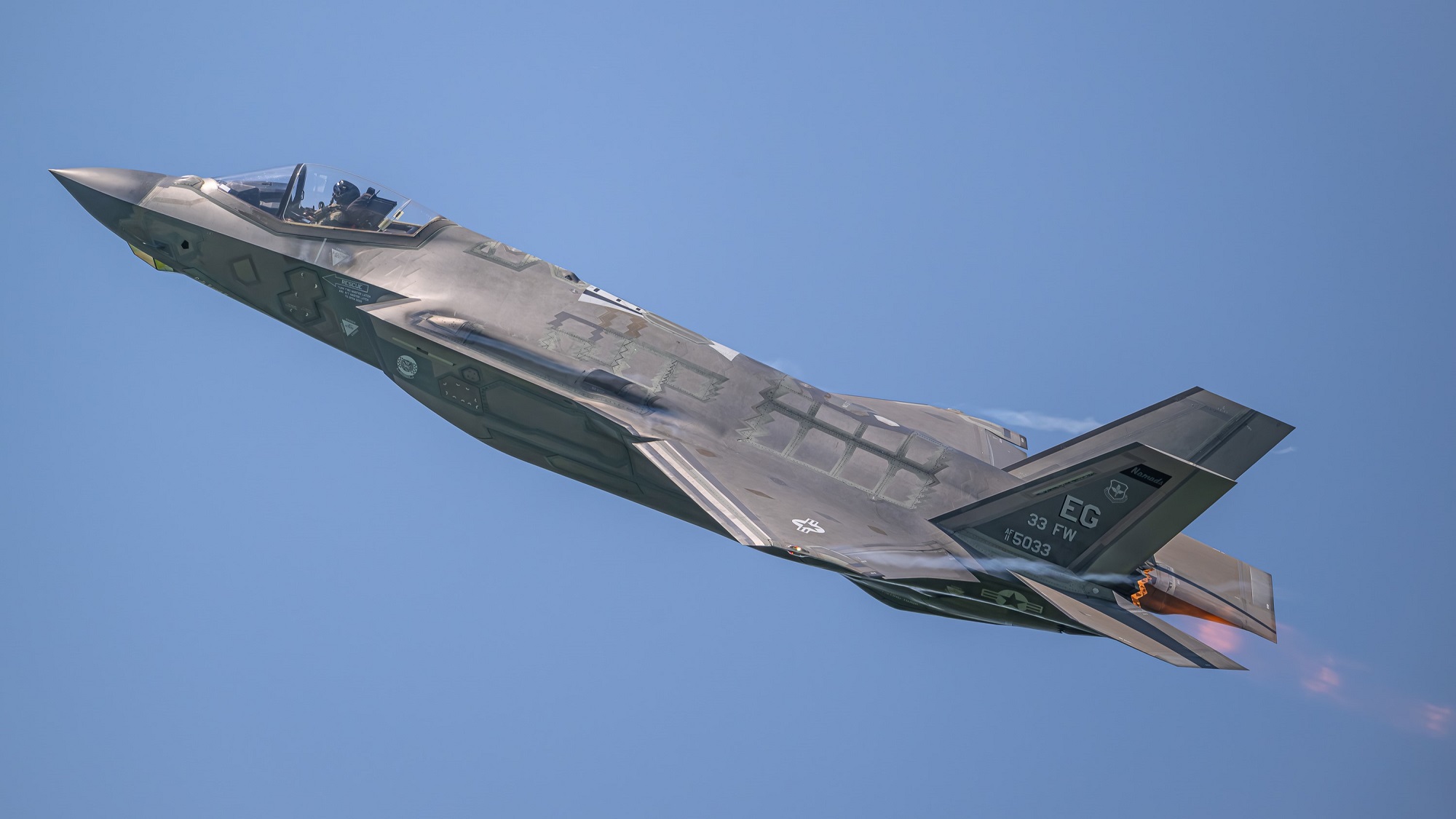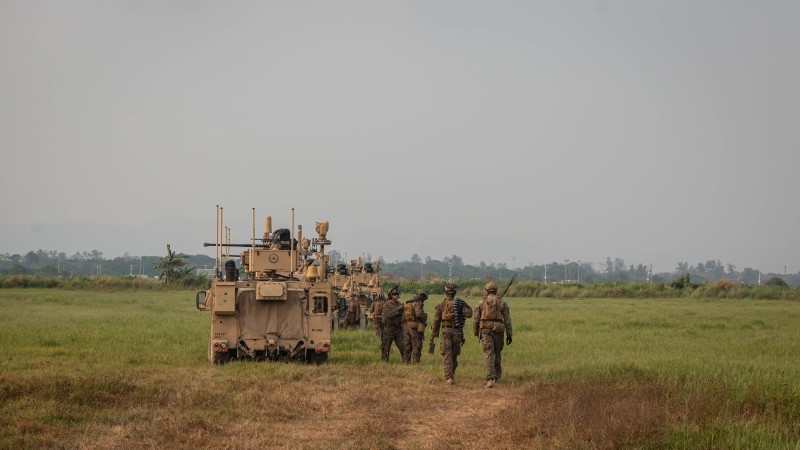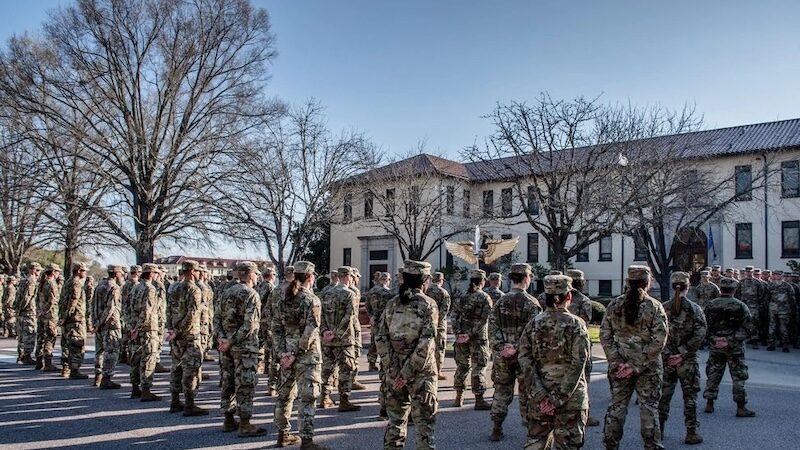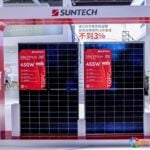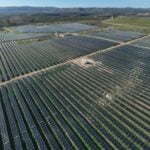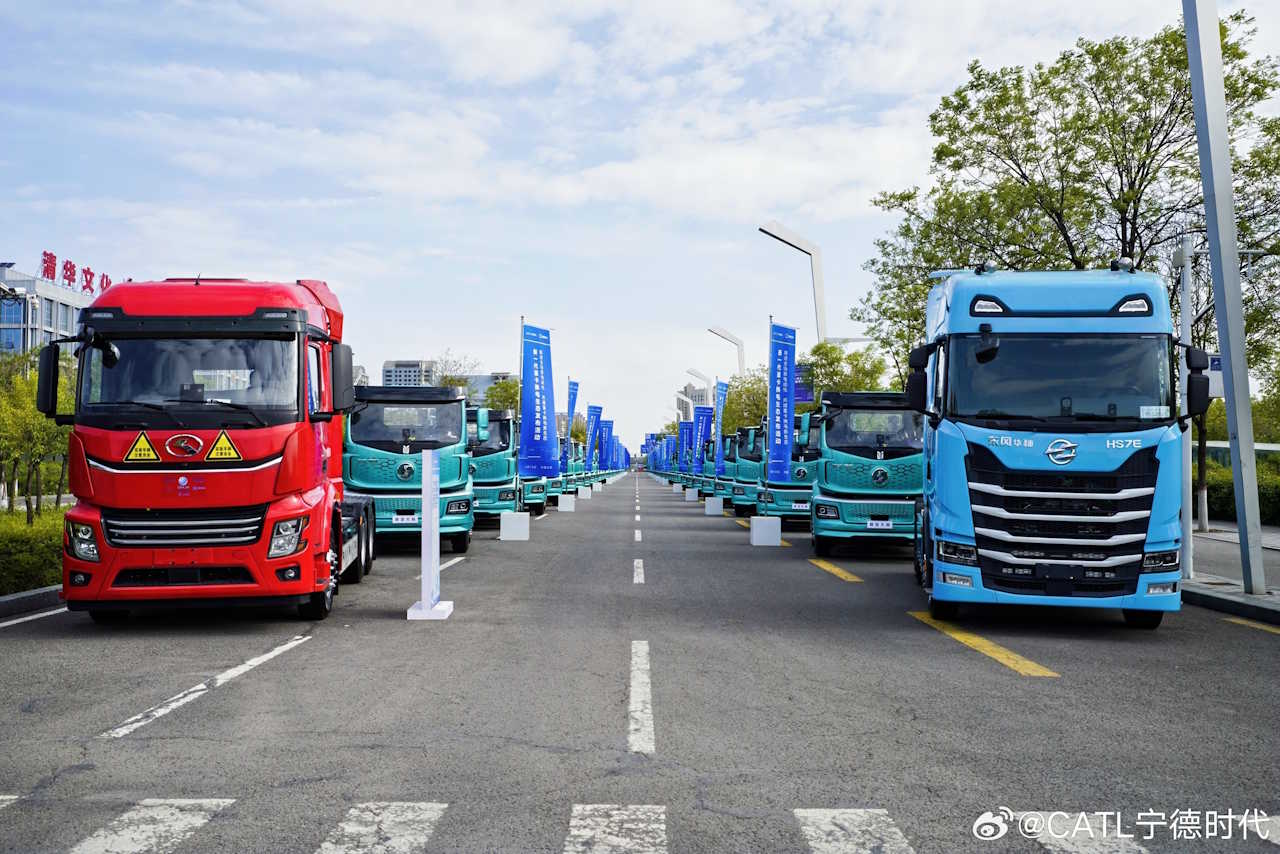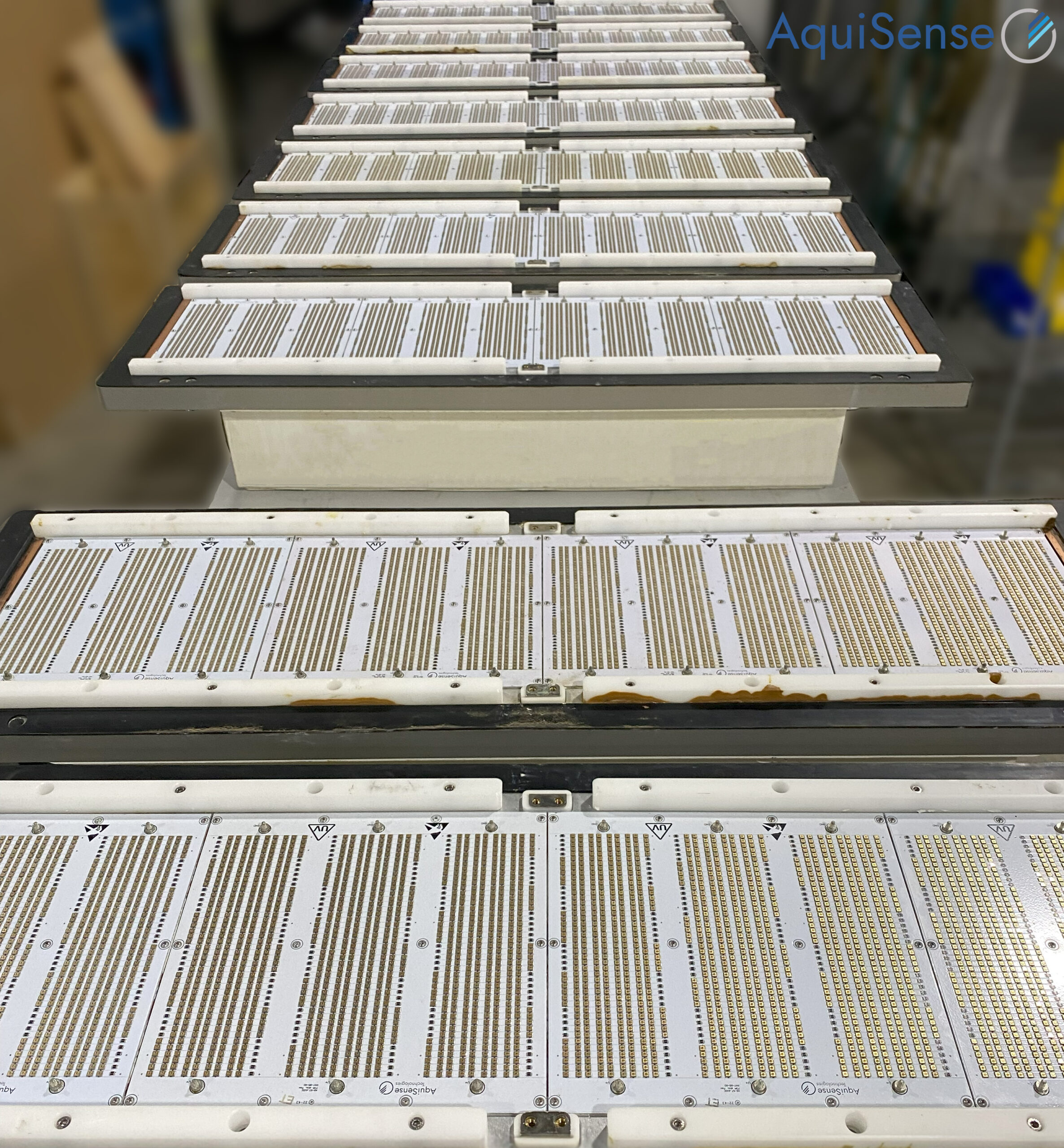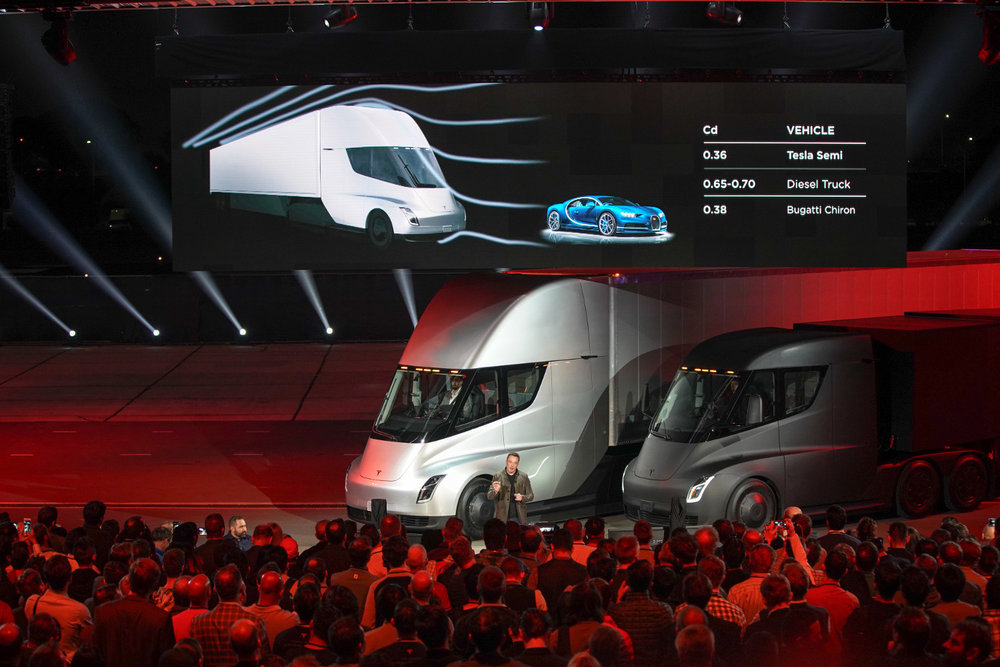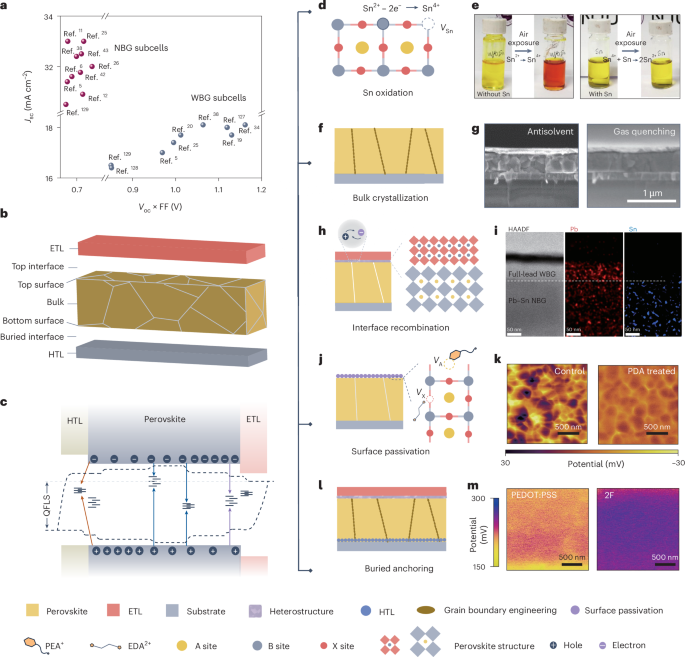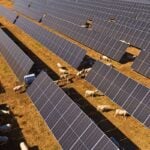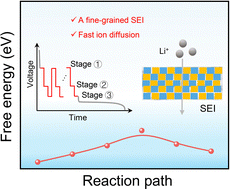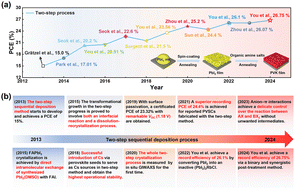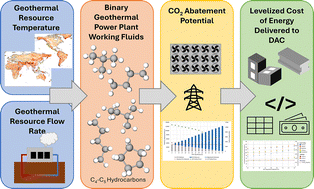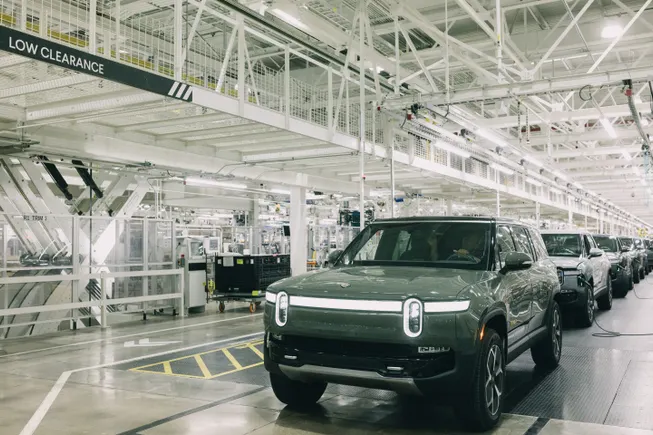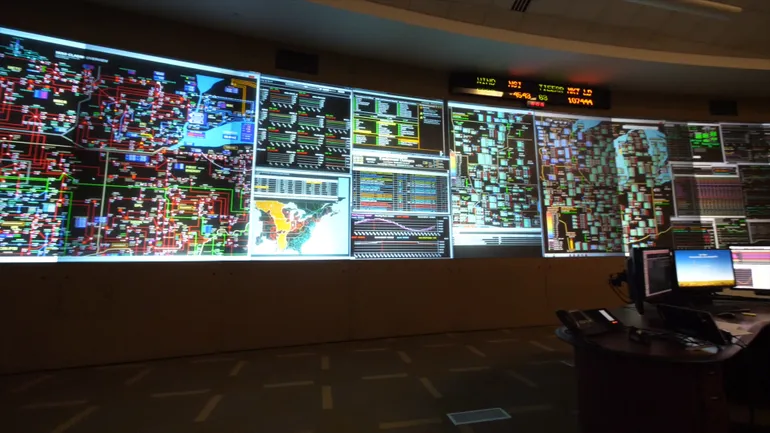Regional Strategies by Suppliers Ease Manufacturers’ Challenges
Supplier efforts such as “in-region, for-region,” “local-for-local,” and reshoring and/or nearshoring help lower disruptions and risks. The post Regional Strategies by Suppliers Ease Manufacturers’ Challenges appeared first on Fabricating & Metalworking.


Your metalworking operation has many moving parts such as managing supplies and prices; and producing quality products and delivering them on time – not to mention doing it with a limited labor pool. With global trade markets in flux, keeping constant communication with your suppliers to prevent problems or resolve them quickly ensures your supply chain remains agile and resilient.
Machinery and equipment manufacturers continue to make, and explore and plan, regional investments in facilities, training centers and smart factories, not as a reaction to tariffs and other market challenges, but because they believe in the U.S. manufacturing sector.
Among numerous examples of U.S. investments includes the May announcement by John Deere that the company plans to invest $20 billion in the United States during the next 10 years. Since 2019, John Deere has invested more than $2.5 billion in its American factories.
Also in May, machine tool manufacturer, TRUMPF Inc., opened its newest Smart Factory, located at its Farmington, Conn., U.S. headquarters. The $40 million, 55,8000-square-foot expansion supports the company in not only building its machinery but also provides a demonstration center for customers to view and learn about automated and connected manufacturing, bringing their designs to turn art into parts.
The Smart Factory features 13 material flow stations integrated throughout the system, including a paint line where 97% of the powder used in the coating process is reused or recycled. The Smart Factory’s “spine” is the more than 700 STOPA large scale storage systems that keep the connected manufacturing processes moving, and which can hold 3.7 million pounds of raw material.
The Smart Factory is part of an ongoing “local-for-local” strategy for production in Connecticut, where the company has manufactured since 1974. TRUMPF produces all its sheet metal laser cutting machines and connected automation devices for the North American market in Farmington and recently added a new production line to make tube laser cutting machines. Next summer, the company will add a new press brake production line in Farmington. Once completed, the company will produce its major sheet metal fabrication product lines from Farmington – as well as create additional jobs.
TRUMPF also works to source locally regarding the supplies it needs, for example, sourcing its chillers and dust extractors from U.S. companies.
“The new facility is a clear reflection of our commitment to our U.S. customers and our deep appreciation for their business,” said Nicola Leibinger-Kammüller, CEO and owner of the TRUMPF Group. “TRUMPF will continue to stand for such dedication to innovation, technology and growth in North America in the years to come.” Of the 300 smart factories TRUMPF has partnered with companies to build in North America, 50% are located in the United States.
“The Future of Manufacturing is Here”
In September, Chicago will be the center of North America’s fabrication industry, where suppliers and manufacturing’s top minds will gather at FABTECH 2025 to showcase products and provide insights to improve your shop’s productivity, strengthen supply chains, and provide the edge you need to stay ahead of industry shifts. This issue includes a Sneak Preview of products you can expect to find at FABTECH being held September 8-11.
The post Regional Strategies by Suppliers Ease Manufacturers’ Challenges appeared first on Fabricating & Metalworking.







